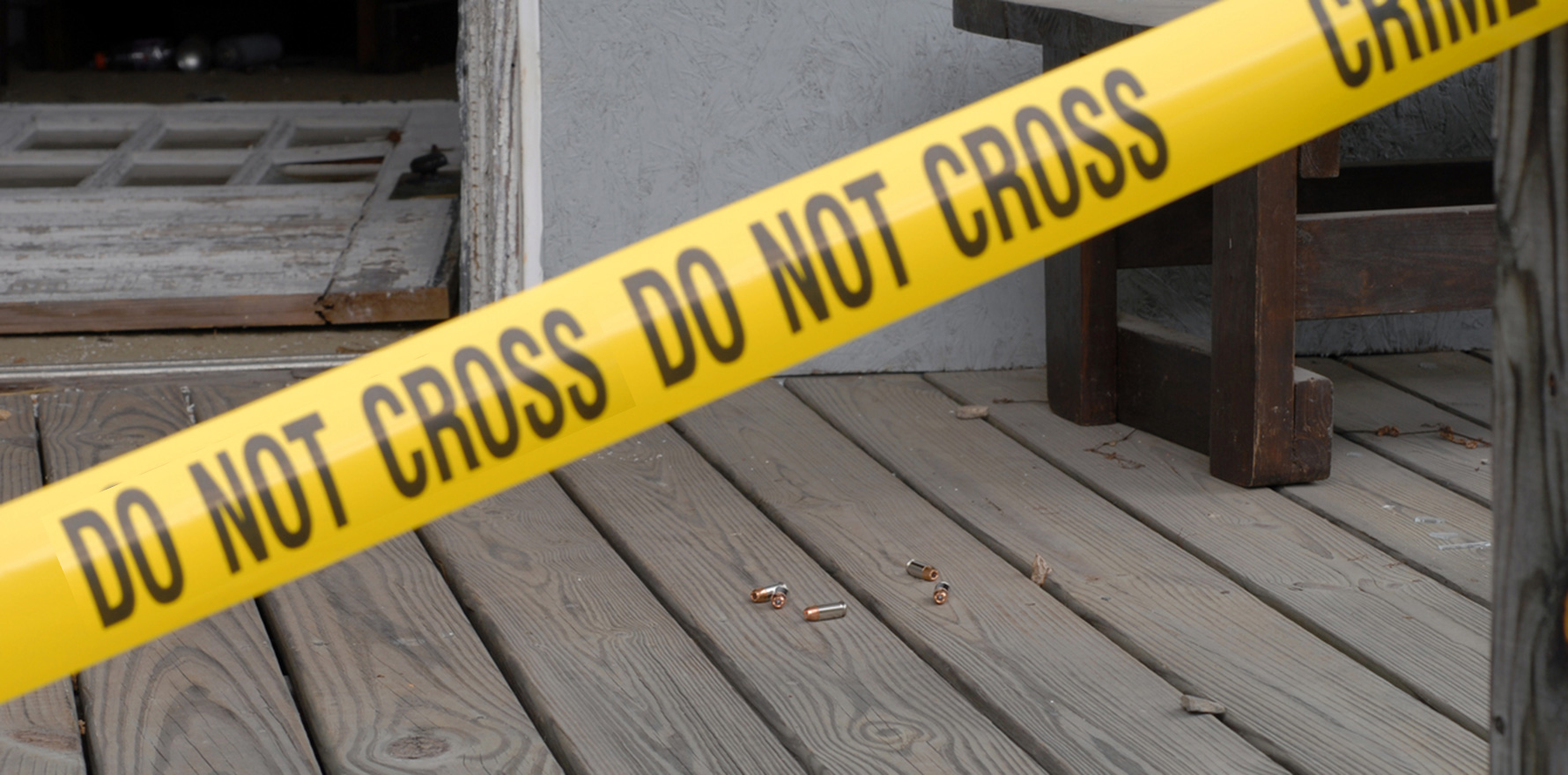The commoditisation of medicine hides the true complexities of diagnosis and treatment.
I am writing this from Bangkok, where I am attending a conference.
It’s eye-opening, jarring in fact, to be somewhere without the curbs on medicine we take for granted in Australia. We are probably one of the few countries where advertising prescription medication is still largely illegal, though many are trying to push those boundaries.
Thailand being well known for its medical tourism, alongside Turkey and Mexico, there were no fewer than four stands at the airport advertising hospitals in Bangkok for cosmetic surgery and hair transplants. En route to my hotel there were numerous billboards and ads for medical aesthetics with drug names displayed.
The commercialisation and commoditisation of medicine is a slippery slope, and despite the TGA’s efforts, we are sliding.
In social media groups I’ve joined just to lurk in, women discuss their bucket lists of desired procedures and ask for recommendations of doctors based on prices and outcomes.
Resisting the demands to just sell a patient the product they want can lead, in this antagonistic post-covid era, to threats of complaints.
My stance has always been that if someone threatens to go elsewhere, I will speed the parting guest. If patients and I cannot come to an agreement on their care, it is best I decline to treat them and refer them to someone else who may be better suited.
Our medicolegal advisors tell us this is an acceptable reason to end a therapeutic relationship in private, non-urgent practice, as long as we discharge our duty of care safely. This includes advising the patient and offering to transfer their file to the next doctor or practice of their choice for continuity.
Patients have a right to access their own medical records at any time despite some doctors’ hesitancy to provide them (e.g. correspondence from a non-GP specialist about me to my GP).
I recently broke up with a patient who did not take it well. There followed a series of emails to the practice including a request to send them their file. In the absence of a named alternate provider, I sought medicolegal advice about this and was told to do so securely (USB via registered post).
Following receipt of the USB, there followed further emails asking more questions about my notes, including a table for me to populate spanning all appointments.
At this stage, I contacted my MDO again and was advised to cease replying; the therapeutic relationship had been terminated some weeks prior, the full medical records provided at no cost, and continuing to engage was unlikely to add anything of benefit.
It raised an interesting question. While we as patients can access our records, what we may not be able to do, especially if not medically trained, is determine what decision was made by our doctor at a given time and why. Even if this was communicated at the time, we may not recall the details, especially through the lens of hindsight or, worse, distrust.
As we see commonly these days, especially in a generalist speciality such as general practice, people believe they are buying and paying for drugs as opposed to seeking expert advice on a medical concern which may require a treatment plan or drug.
So when the transaction doesn’t go as expected, people are unhappy.
Regular GPs are up against businesses offering online consultations for:
- menopausal symptoms that silo women into expensive, non-evidence-based treatments
- weight loss via one type of drug
- prescription skincare where the consultation is free
- oral isotretinoin for acne after the cursory warnings “don’t get pregnant, use sunscreen”
- ADHD medications for $800+ per session
No wonder the TGA is cracking down on these behaviours.
No wonder patients believe their Google search or typing their notes into ChatGPT is equivalent to more than a decade of study and training.
Related
As doctors, we have a duty of care to write accurate and contemporaneous notes including of challenging conversations that may have occurred in clinic or which illustrate a pattern of behaviour that forewarn the end of a therapeutic relationship.
What we cannot do is treat our consults as a maths problem with a simple linear process to a solution, for those cases where a patient asks for their records and wants to know exactly how we worked out their problem. The process is a product of more than a decade of training and further years of experience. That is why they sought our help.
That’s why the MDOs recommend we offer to send their records to another practice or doctor who has similar training to us, who will be able to decipher our notes and have some insight into what was done and why.
A record is a note of what worked or didn’t work to guide the next doctor, not an infallible recipe to be followed, which is how many patients seem to see it. “My friend/ sister/mother had this (drug) and it worked great for her, so I’m here to ask for the same.” (I always ask why they didn’t simply go to this doctor for the same treatment.)
If medicine were as simple as checklists and online searches, everyone would do it.
Years ago, a patient was offended when I disagreed with her assessment of her symptoms and she explained why: “I have a degree and a [non-medical] Masters, I know how to do research.”
The thing is, degrees and training aren’t easily transposed across disciplines, even within healthcare. To imagine that my training in medicine is going to give me a nuanced understanding of dentistry or optometry is folly. That is why medicine trains us to recognise scope and to refer.
I see challenging times ahead and rapid changes to how we practise medicine. There is no shortcut around repetition for mastery and it remains the best way to safeguard ourselves against potential difficulties.
Dr Imaan Joshi is a Sydney GP; she tweets @imaanjoshi.





